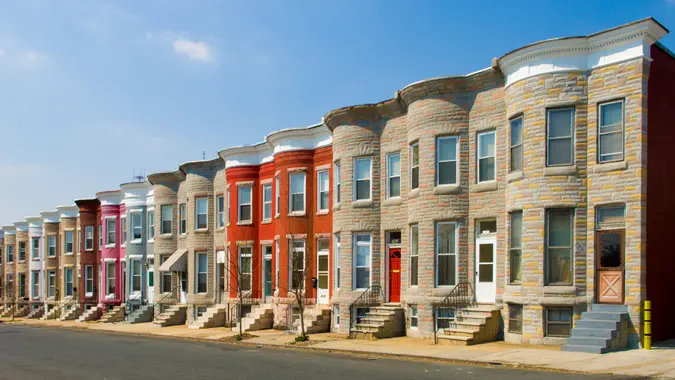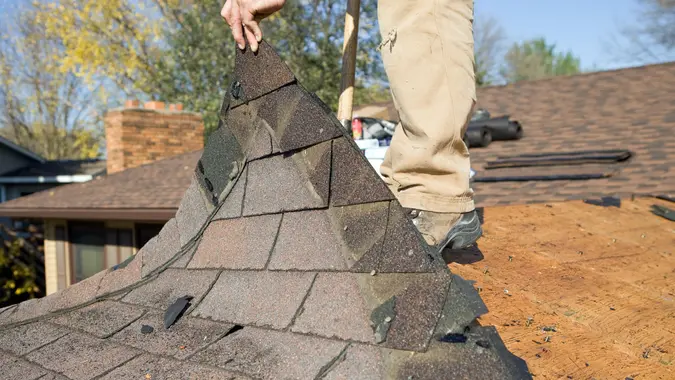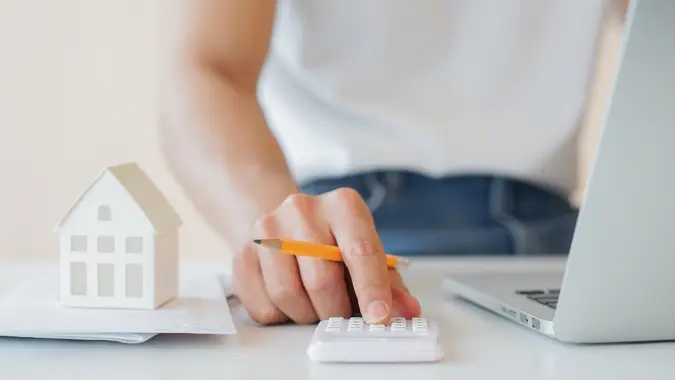Should I Pay Off My Mortgage Early?

Commitment to Our Readers
GOBankingRates' editorial team is committed to bringing you unbiased reviews and information. We use data-driven methodologies to evaluate financial products and services - our reviews and ratings are not influenced by advertisers. You can read more about our editorial guidelines and our products and services review methodology.

20 Years
Helping You Live Richer

Reviewed
by Experts

Trusted by
Millions of Readers

Many people think you should pay off your mortgage early if you can. If "pay off mortgage" is on your to-do list, don't be rash. Before you write your last check to your mortgage lender, consider some critical factors and understand these details so you can decide whether to pay off your mortgage early.

How to Decide If You Should Pay Off Your Mortgage Early
To decide whether paying off your entire home loan is the most effective financial strategy for you, you'll need to gather some information and make some calculations and comparisons. Here's what you should do to figure out the answer to the question, "Should I pay off my mortgage early?"
1. Check Your Amortization Schedule
Before you make any decisions about your mortgage, check an amortization calculator to find out the true costs of keeping your home loan. The amortization schedule shows how much of each payment goes to interest and how much goes to principal; use it to figure out how much of your remaining payments consist of only interest.
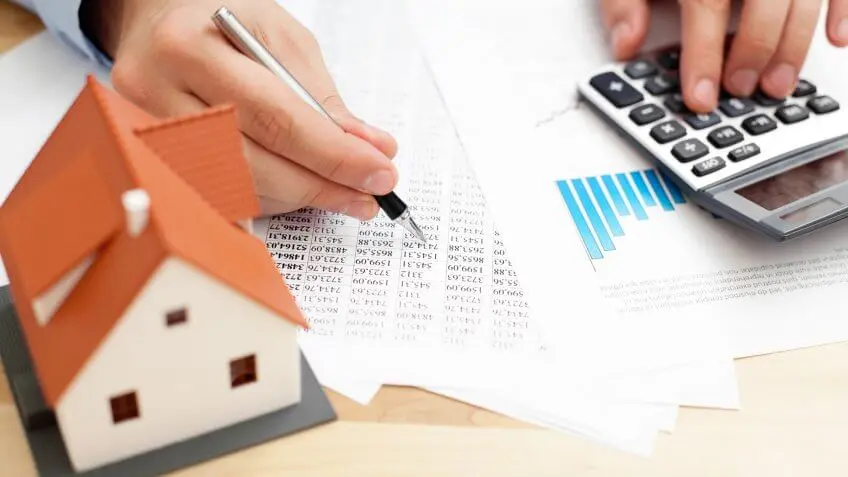
2. Know the Benefits of Paying Off Mortgage Loans
When you calculate your rate of return for paying off your mortgage, look no further than mortgage interest rates. For example, if your mortgage charges you 4.5 percent, that's the effective rate of return you're paying. By paying off your mortgage, you're effectively locking in a 4.5 percent rate of return on that money.
If you have $10,000 to either pay off your mortgage or invest and you decide to invest and make $450 the next year, you're making a 4.5 percent rate of return. If you use that money to pay off your mortgage, you're also making $450 because you avoid paying $450 in interest that would have accrued if you hadn't paid it off.
Many states offer asset protection for all or a portion of your homestead in the event of bankruptcy. This benefits you because if you pay off your mortgage, you might increase your exempt assets, which could come in handy if your finances take a turn for the worst.
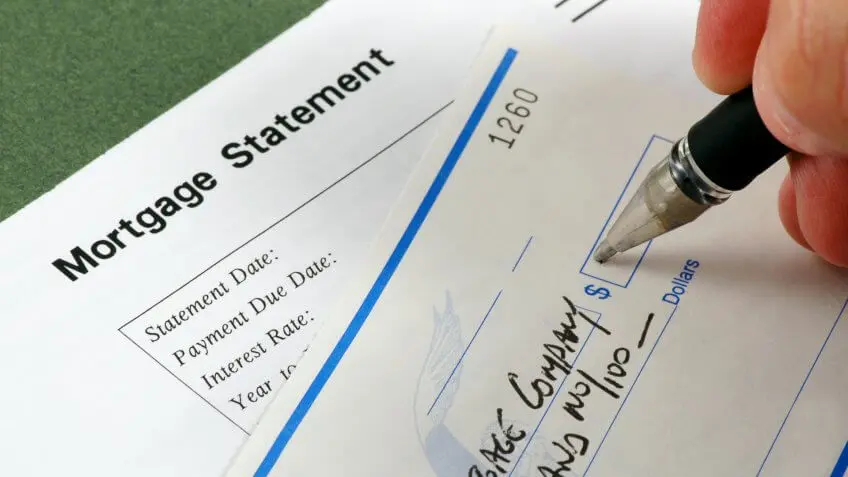
3. Beware of Prepayment Penalties
Some mortgages carry prepayment penalties, which are charges you'll owe if you pay off the mortgage ahead of schedule. Some penalties apply if you pay off a big chunk of the mortgage at one time and others apply if you pay it off entirely within a certain period of time, like three or five years. Your lender can tell you exactly what your prepayment penalty is, which will enable you to make an informed decision regarding whether to cross "paying off mortgage" off your list.
Even if you're responsible for prepayment penalties, however, it might be worth paying them and paying off your mortgage early. For example, if you have 15 years left on your mortgage and your interest rate is high, the prepayment penalty could be cheaper than paying that interest for 15 more years.
Find Out: Are There Penalties for Paying Off a Personal Loan Early?

4. Compare the Cost of Your Debts
Mortgages often offer lower interest rates than other types of loans. If you have other outstanding debt that comes with a higher interest rate, it probably makes sense to pay that off first. For instance, if you owe $10,000 on a credit card on which you're paying 20 percent interest and your mortgage interest rate is 5 percent, you'll save a lot more money by paying off the credit card first.
Although you will likely feel better about your finances if you're mortgage-free, you might be able to increase your bottom line if you do something other than pay it off with your extra cash. For example, if you have a 30-year mortgage locked in at a 3.5 percent interest rate and interest rates increase dramatically to the point that your savings account is paying 4 percent, you're earning more interest on that account than you're paying on your mortgage. With that said, it might make sense to let your extra cash grow at that interest rate.

5. Consider Limited-Time Savings Opportunities
Paying off your mortgage ahead of schedule is great, but not if you have to miss out on other savings opportunities. For example, each year the federal government limits the amount of money you can contribute to certain retirement plans, such as IRAs and 401ks.
If you don't contribute the maximum you're entitled to during the year, you can't make up for it by paying extra the following year. If you skip your contributions to your 401k plan for three years in a row so that you can pay off your mortgage, you'll miss out on your opportunity to sock away that cash in a tax-sheltered account.
Next Up: Dave Ramsey's 5 Best Tips for Paying Off Your Mortgage Early
 Written by
Written by 





